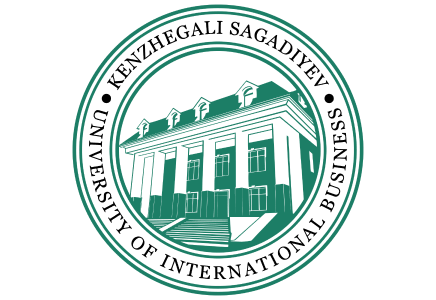7M04202 International Law
Languages of instruction:
Russian, Kazakh, English
Directions:
Profile direction – 1 year;
Scientific and pedagogical direction – 2 years
Number of grants
125 grants – for 2023
"International law" in UIB is:
Masters of International Law receive theoretical knowledge on the international legal regulation of interstate relations, thorough knowledge of private international law and private law of foreign states, practical skills necessary to participate in the activities of government agencies, public organizations in the field of international relations and foreign economic activity
The purpose of the International Law educational program:
To provide students with conceptual and practical knowledge and skills in the field of international law, including their political, economic, social and cultural aspects, to create conditions and prerequisites for the professional relevance of masters of international law and their further career growth.
The Master’s degree program “International Law” is aimed at studying the peculiarities of international law, the stages of its formation and further development, at improving the level of contractual and legal relations between states and legal mechanisms of cooperation between states within the framework of international organizations
Acquired skills:
To understand different areas of international law
Analyze current problems of international law and find solutions
Apply methodological tools and techniques in the field of international law
How an international lawyer uses his learned professional skills in practice
A graduate of the Master's degree program in International Law studies a number of disciplines and undergoes practical training, as a result of which:
- Uses systemic knowledge and critically evaluates problems, approaches and trends reflecting the current state of international law and international legal relations, both in the field of scientific research and in the field of professional activity
He has the following competencies: analytical work with legal texts of varying degrees of complexity; scientific and pedagogical work in the specialty, in information work with civil society; database analysis; conducting successful independent and team work; professional development.
- He is able to systematize existing knowledge and generate new cognitive tasks, identifying ways to consistently solve them
- Applies methodological tools and techniques that are used in modern scientific research in the field of international law
Areas of activity:
State and quasi-public sector: academic activities in educational and scientific institutions; representing the interests of the state in the Ministry of Justice of the Republic of Kazakhstan, the Ministry of National Economy on international trade; in the Ministry of Foreign Affairs of the Republic of Kazakhstan on the implementation of the state’s foreign policy, ensuring political, trade, economic and other interests of the state in relations with other states and in the international arena; consulting and expert activities in international arbitration, the Astana International Financial Center (AIFC); human rights activities in international organizations and national human rights institutions.
Private sector: in LLP, JSC, other commercial and non-profit organizations, foreign companies in the position of legal adviser, expert, analyst when drafting contracts with foreign persons;
Entrepreneurial activity with the participation of foreign persons inside and outside the country.

